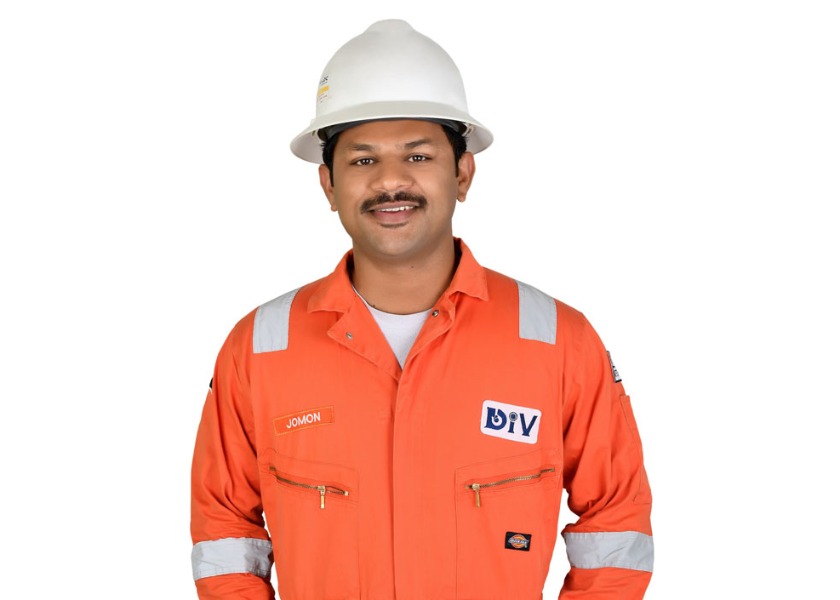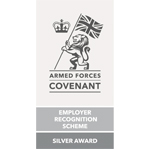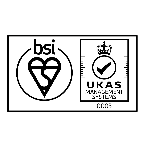
Opening doors with LEEA training
Lifting Engineer Jomon Jose is building a successful career in the Lifting Industry, with LEEA training preparing him for responsibilities and opportunities as he fulfils his career aspirations.
“My future ambition is to become a highly qualified and recognised expert in the field of lifting operations, inspection and safety management – eventually progressing into senior roles, such as Lifting Specialist,” he explains.
“I strongly recommend to anyone considering training, especially courses like LEEA, to go for it with commitment and curiosity. Quality training opens doors, builds your confidence and gives you the knowledge to work safely and professionally in high-risk environments. Start with a strong foundation, stay updated with evolving standards and always put safety first that’s the key to a successful career in the Lifting Industry.”
Already, Jomon has completed LEEA Part 1: Foundation (FOU), in August 2019, Part 2: Lifting Equipment General (LEG) in December 2022, Part 4: Lifting Machines Manual (LMM) in May 2022, Part 6: Bridge and Gantry Cranes (BGC) Diploma in January 2025 and Part 7: Offshore Containers (OSC) Diploma in March 2024. “I want to complete the remaining three LEEA certifications in the near future,” he says. This will equip Jomon to continue building a successful career, strengthening his credibility and qualifications for higher responsibilities and international opportunities.
For the last year Jomon has been working as a Lifting Engineer at Dynavative Indo Veritas Safety Services. Based in the United Arab Emirates, the company is a recognised third-party inspection, testing, training, auditing and certification company specialising in lifting and rigging operations. Jomon is responsible for inspecting lifting equipment and accessories, preparing technical documents such as lift plans and risk assessments, and ensuring compliance with international standards such as ISO, ASME, LEEA, and LOLER. He also plans and supervises safe lifting operations.
“As someone working in lifting operations and inspection, I understand how critical it is to have strong technical knowledge and to stay up to date with international safety standards and best practices. I chose to take LEEA training because it is one of the most respected and globally recognised qualifications in the Lifting Industry.”
The Lifting Equipment Engineers Association offers an exciting lineup of courses designed to support members’ professional growth, with options for online training or in-person learning.
“LEEA offers specialised, in-depth training focused on lifting equipment inspection, safe practices, legislation like LOLER and PUWER, and technical understanding of various lifting accessories,” says Jomon. “By completing LEEA training, I can ensure that my work aligns with the highest standards of quality and compliance, especially when dealing with high-risk industries like Oil & Gas, Construction and Marine.”
He adds: “LEEA courses and training have significantly enhanced both my technical knowledge and professional confidence in my current role as a Lifting Engineer. It deepened my understanding of lifting equipment, inspection procedures, failure modes and compliance requirements under international standards like LOLER, PUWER, and ASME. Practically, the training has helped me identify defects more accurately during inspections, prepare more thorough and compliant lifting plans and risk assessments, communicate more effectively with clients and colleagues on technical matters and make safer and faster decisions during critical lifting operations. In short, the LEEA course will help bridge the gap between where I am now and where I want to be in my career, by enhancing both my knowledge and professional standing in the Lifting Industry.”
Career path
After completing his education, including gaining Diploma in Mechanical Engineering, Jomon commenced his Lifting Industry career in 2011 as a Hull Inspector/NDT Inspector with Marino Navale Consultancy. The marine design consultancy and technical services provider, based in Kerala in India, specialises in UT gauging, non-destructive testing, rope access solutions, and project management in India and abroad.
Later, in 2014, Jomon joined AlMansoori Specialised Engineering, a leading provider of oilfield services in the Middle East. “I initially started as a Tubular/OCTG/NDT Inspector at AlMansoori. In 2018, I got an opportunity to work in the lifting department. My teammates provided me with some training and I initially started to assist them in lifting inspection. In 2019, I earned my first LEEA certification and later completed LEG and LMM. From 2019, I worked continuously in lifting inspection for ADNOC onshore rigs.”
Seeking opportunities to inspect heavy lifting equipment and cranes, Jomon went to work as a Lifting Engineer at EIWAA Oil & Gas Services between January and July 2024. “During that time, I completed my Offshore Containers Diploma. Currently, I’m working as a Lifting Engineer at Dynavative Indo Veritas Safety Services in the UAE and I recently completed my Bridge and Gantry Cranes Diploma.”
What was the appeal of lifting to Jomon? “I chose a career in Lifting Inspection because it combines technical expertise with a strong focus on safety and responsibility, he explains. “During my early exposure to the industrial environment, especially in sectors like Oil & Gas and Construction, I saw how critical proper lifting practices are to preventing accidents and ensuring smooth operations. That made a strong impression on me. I was particularly drawn to the inspection side because it plays a key role in maintaining safety standards, identifying potential risks and ensuring that lifting equipment and operations comply with international codes and regulations – like LEEA, LOLER, and ASME. It’s a role that demands both technical accuracy and a deep understanding of safety protocols, which aligns well with my skills and interest in quality assurance and risk management.”
To anyone thinking about a career in the Lifting Industry, which plays a critical role in almost every major industrial sector, Joman says: “I would definitely encourage it. It’s a highly respected and essential field that offers a mix of hands-on technical work, safety responsibility and real-world problem-solving. You’ll have the opportunity to work on major projects in industries like Oil & Gas, Construction, Marine and Infrastructure – where your skills directly contribute to safe and successful operations.
Jomon concludes: “The industry values people who are detail-oriented, safety-conscious, and willing to keep learning. There’s strong demand for qualified professionals, and with the right training—especially certifications like LEEA you can build a stable and rewarding career with room to grow into supervisory or specialist roles. It’s not just a job; it’s a profession where your decisions can protect lives and equipment. The work is both challenging and rewarding because you’re directly responsible for the safety of people, equipment and operations. If you’re passionate about engineering, safety and working in dynamic environments, the Lifting Industry is a great path to take.”



